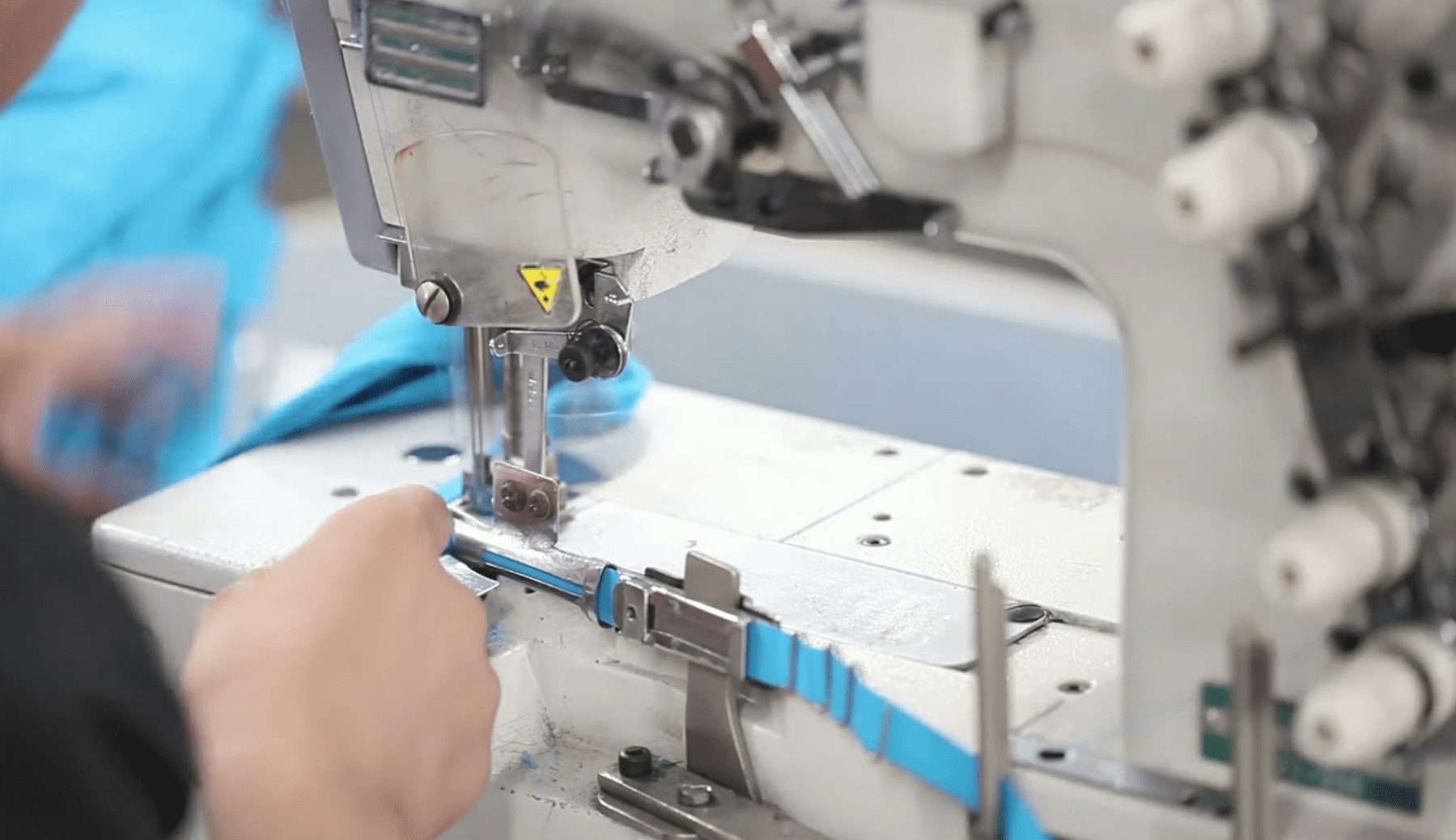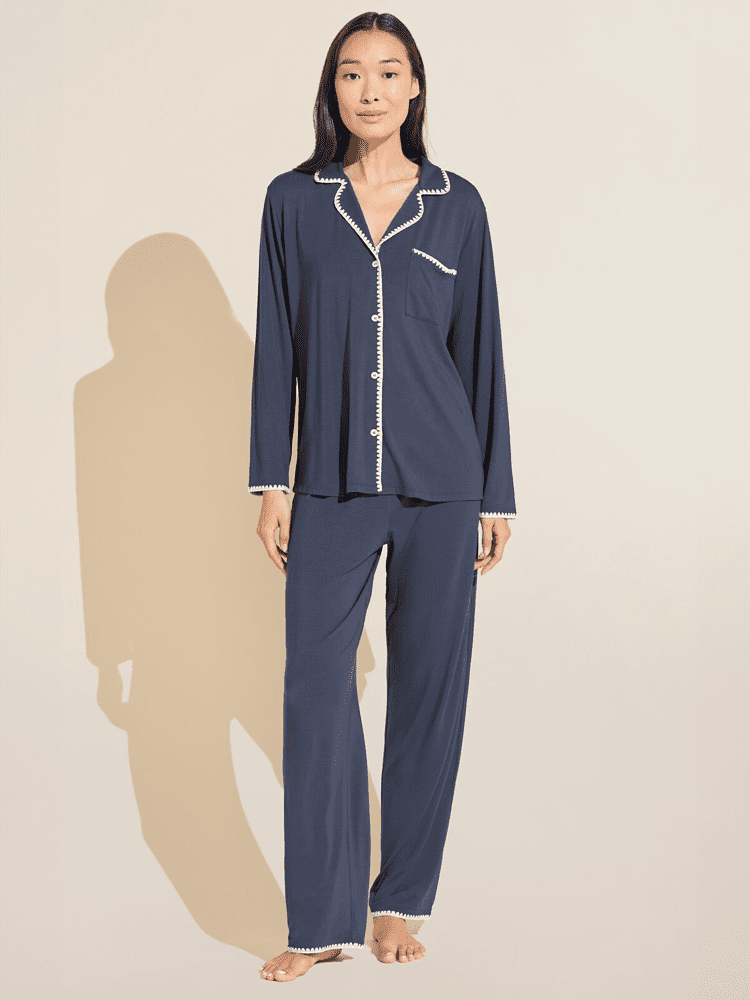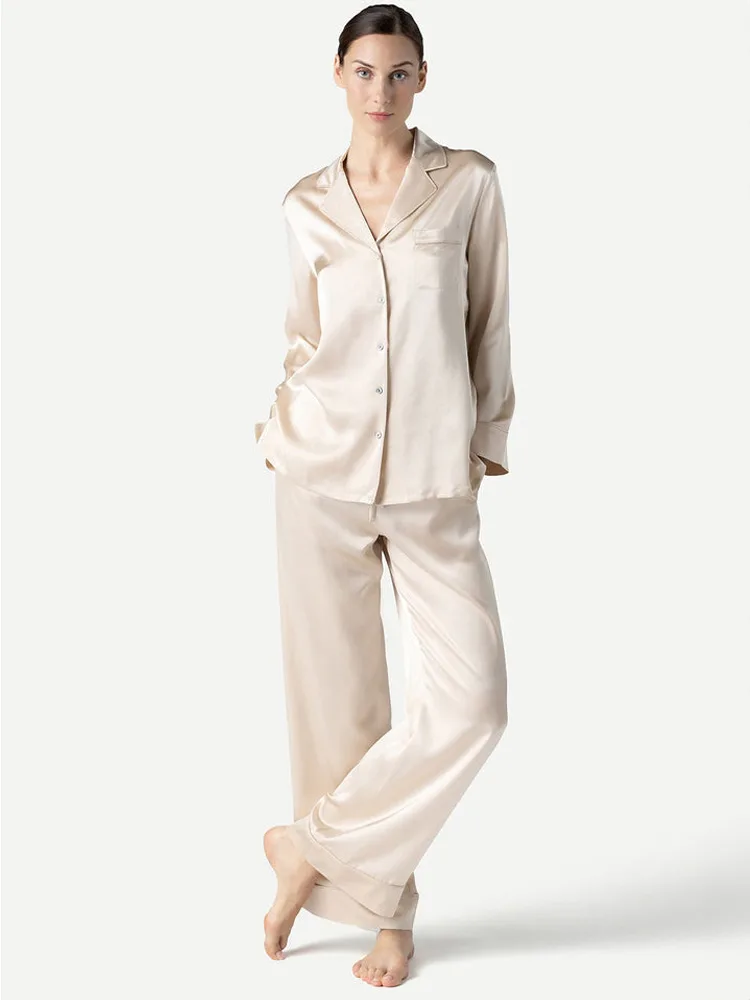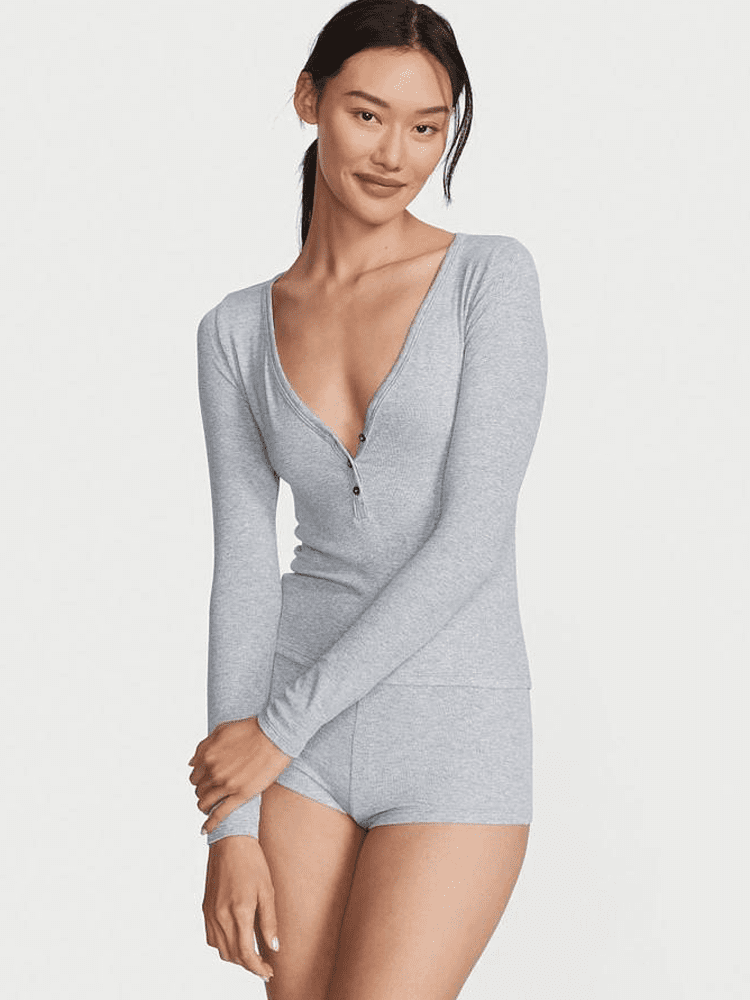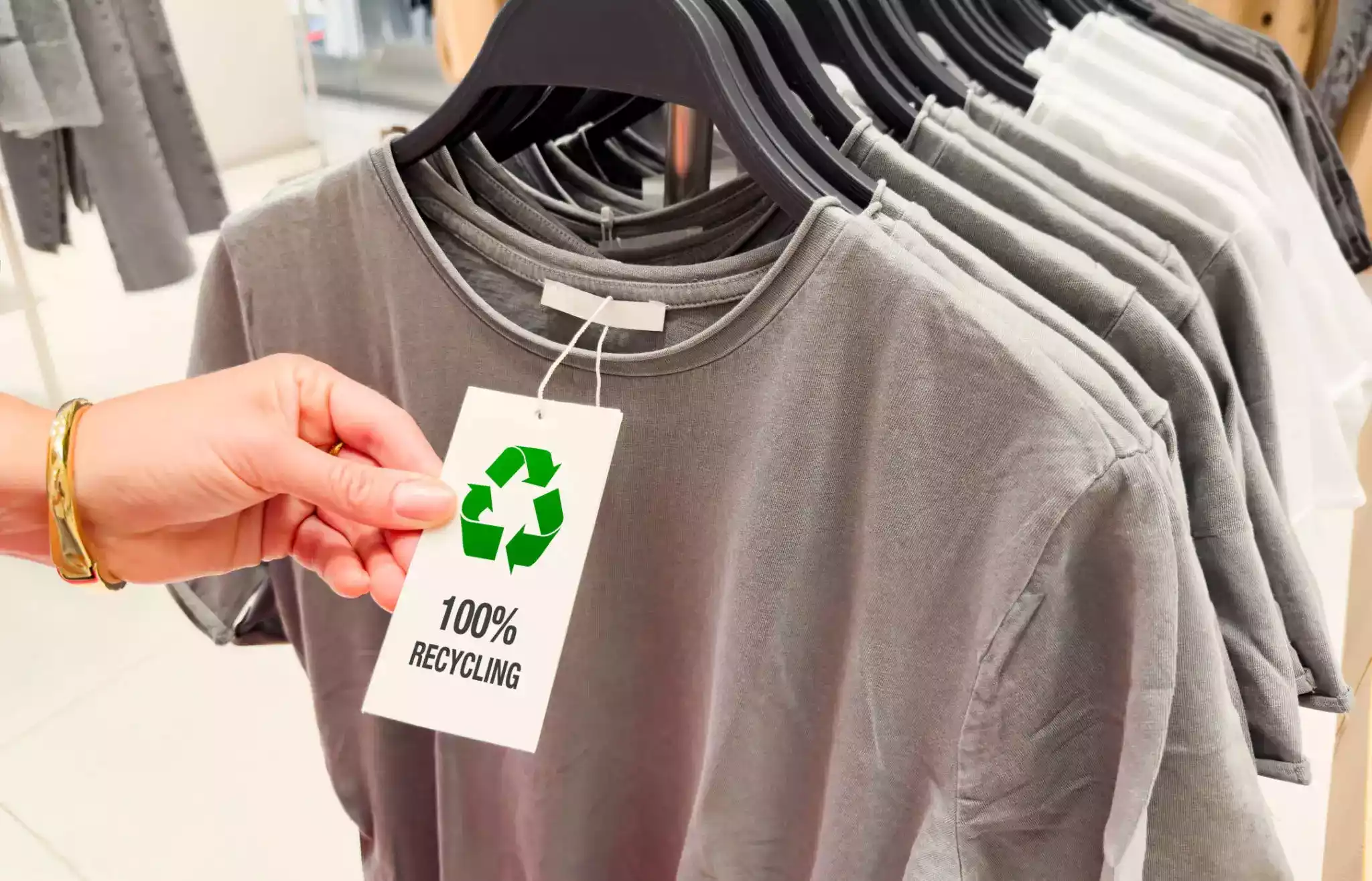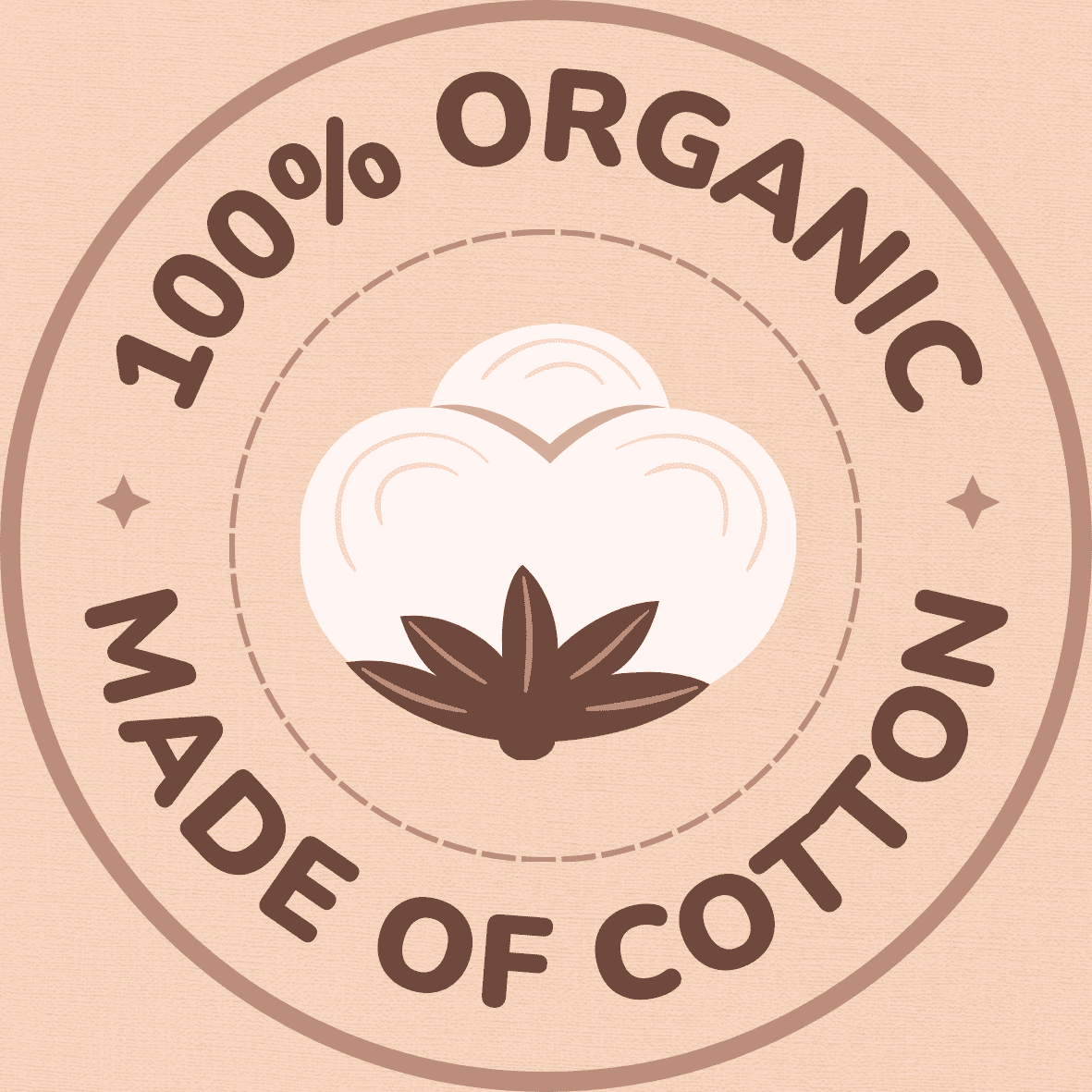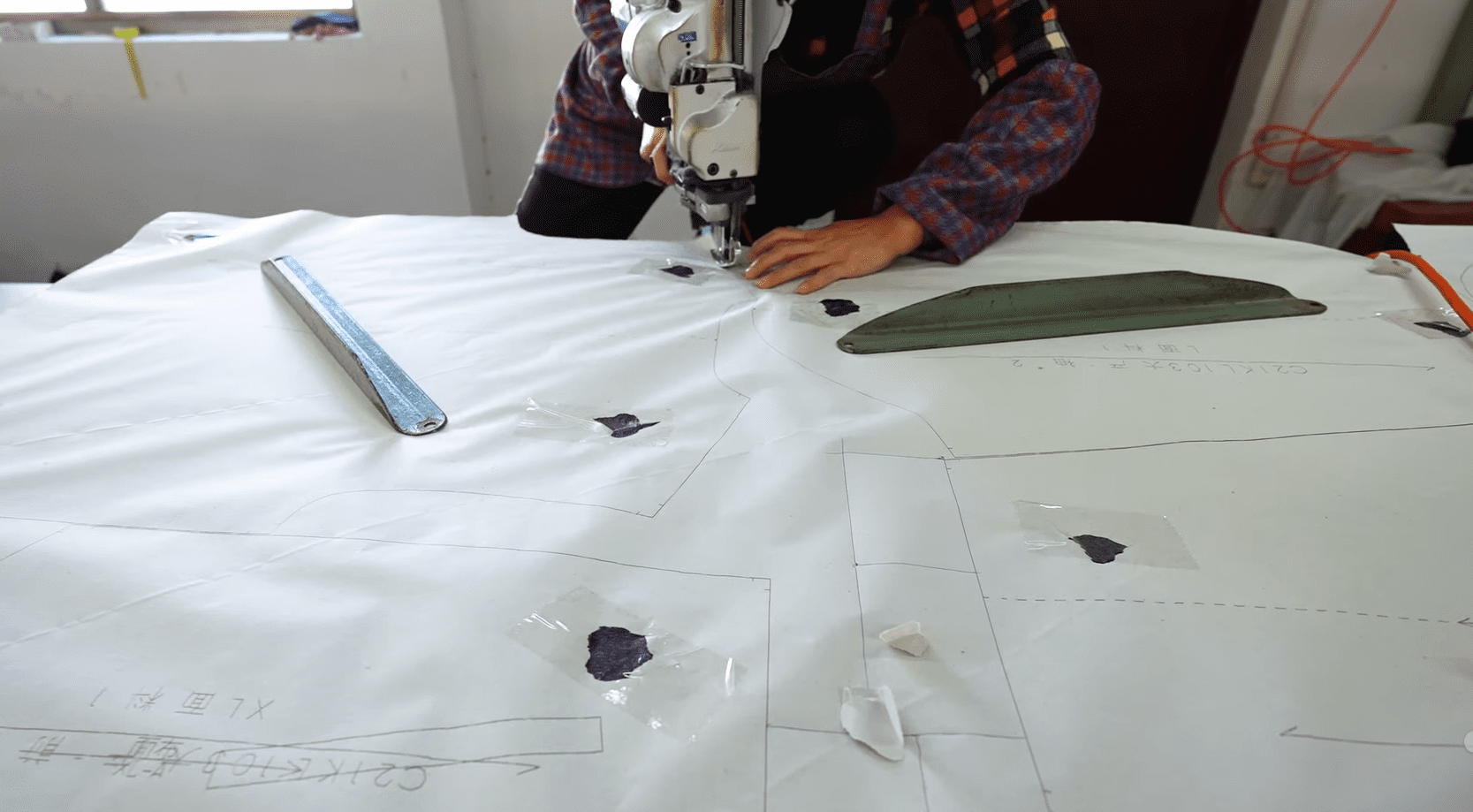Luxury Unleashed: Embark on a Journey with Exclusive Clothing Suppliers
In the sphere of high-end fashion, the distinction between ordinary commodities and luxury goods becomes pronounced. An inherent aura of exclusivity, exceptional quality, and detailed craftsmanship sets apart these offerings, primarily designed and produced by luxury clothing suppliers. These entities represent a sector distinguished not just by inflated price tags, but also by deeper values of heritage, sophistication, and status that these brands perpetually embody.
Luxury clothing suppliers operate at the upper echelons of the fashion industry, often dictating trends, standards, and protocols that trickle down the steps of lower-tier brands. They meticulously maintain a balance between traditional, time-tested methods and innovative, forward-thinking practices. The objective remains the careful conservation of brand identity, relayed meticulously through each garment’s design and quality. These narratives, intriguingly portrayed through fashion, enhance the appeal of high-end clothing, driving the consumer’s desire for association and possession.
The Role of Luxury Clothing Suppliers in the Fashion Industry
Luxury clothing suppliers play a pivotal role in the vast complex of the fashion industry. They serve as a vital link connecting talented designers and skilled craftsmen to the high-end retail outlets where consumers purchase these exquisite garments. A large part of their responsibility lies within the supply chain, to source premium-quality materials and ensure their timely and efficient delivery to luxury clothing manufacturers.
Therefore, the role of these suppliers is not merely transactional. Indeed, luxury clothing manufacturers often rely on them to keep abreast of the latest textile innovations and sustainability practices that, in turn, can dramatically influence high-end fashion trends. By maintaining close relationships with these manufacturers and understanding their design philosophies and brand narratives, luxury clothing suppliers steer the fashion industry towards the creation of pieces that are not just stylish and durable; but also, sustainable and ethical.
Choosing the Best Luxury Clothing Manufacturers: What to Look For
In the realm of high-end fashion, selecting the appropriate luxury clothing manufacturer can make a significant difference. To deliver a top-notch product, retailers must pay close attention to quality, reputation, and consistency. A prudently picked manufacturer like Pjgarment.com can ensure that the all the intricate facets of high-end fashion are met, from the quality of fabrics used to the precision of cuts and stitches.
Another essential characteristic to consider when choosing a luxury clothing manufacturer is their capacity to meet tight deadlines without compromising on quality. In the world of fashion, trends change rapidly, and it is pertinent to keep pace. Pjgarment.com, for instance, is renowned for its proficiency in delivering timely solutions, underlining the importance of speed and accuracy in this high-stakes industry.
The Process Behind Luxury Clothing Manufacturing
Luxury clothing manufacturing represents a meticulous and intricate process, subtly weaving together technology, artistry, and modish trends to create high-end apparel coveted by fashion enthusiasts globally. Typically, manufacturers in this realm deal primarily with luxury clothing wholesale, focusing on high-volume production with an emphasis on quality over quantity. This approach necessitates the use of superior raw materials, skilled textile artisans, and cutting-edge technology to reduce errors and ensure consistency across each product line.
Various stages encapsulate the manufacturing sequence, beginning with the creative spark that inspires the design process. Garment designs often take cues from couture runways or emerging trends, being sketched and subsequently transformed into physical patterns serving as templates for mass manufacture. The selection of fabric and other materials underpins the next stage, requiring careful sourcing to match the brand’s ethos and targeted clientele. As these materials weave their way through the meticulously controlled sewing, finishing, and quality assessments, luxury clothing wholesale manufacturers maintain stringent oversight to ensure high standards of craftsmanship. This diligence translates into the opulence that defines each piece.
The next phase in the process involves production planning. This stage requires careful coordination and scheduling to optimize the use of resources, minimize waste, and ensure timely delivery. Manufacturers also need to stay ahead of market trends, adjusting their production plans accordingly to meet changing consumer demands.
• The initial design process: Luxury clothing begins with a creative spark that transforms into a physical pattern. Designers often take inspiration from couture runways or emerging fashion trends.
• Selection of materials: High-quality fabrics and other materials are carefully sourced to match the brand’s ethos and targeted clientele.
• Production planning: This stage involves coordinating resources, minimizing waste, and ensuring timely delivery while staying abreast of ever-changing market trends.
Once these preliminary stages are complete, luxury clothing manufacturers move on to actual garment construction. Skilled artisans cut fabric pieces according to patterns before sewing them together using advanced machinery for precision stitching. Finishing processes such as pressing or steaming give garments their final shape and appearance.
• Garment construction: Artisans cut fabric pieces based on patterns then sew them together using high-tech machinery for precise stitches.
• Finishing touches: Processes like pressing or steaming provide garments with their final shape and look.
Quality control is another critical aspect of luxury clothing manufacturing. Each piece undergoes rigorous inspection at various stages throughout the production process. Any defects found are corrected immediately – this ensures only flawless products reach consumers’ hands.
• Quality control checks: Rigorous inspections occur at multiple points during production; any defects identified are promptly rectified.
Finally comes packaging – where each item is carefully folded or hung up, wrapped in tissue paper (or placed in dust bags), boxed up & ready for shipment/delivery worldwide – further reinforcing the exclusivity associated with luxury apparel brands:
• Packaging details: Items get meticulously packaged – they’re folded/hung up neatly; wrapped in tissue papers/placed inside dust bags; boxed & prepared for global shipping/delivery.
To conclude, luxury clothing manufacturing is a complex process that combines creativity with precision and meticulous attention to detail. It’s this commitment to quality at every stage of production that sets luxury apparel apart from regular clothing lines.
Exploring the Global Influence of Luxury Clothing Manufacturers China
In the echelons of the fashion industry, China has notably been cultivating a powerful global influence, particularly in the realm of luxury garments. Distinguished as leading luxury clothing manufacturers, China possesses unparalleled capacity to craft exquisite pieces, integrating rich tradition, innovative technology, and high-quality materials. This potent interconnected blend not only fuels the production of extravagant fashion pieces but is also setting new industry standards.
Furthermore, China’s contributions are grossly instrumental in shaping global fashion trends. Luxury clothing manufacturers in China have mayhem of seasoned designers and skilled technicians, whose creative collaboration breathes life into unique, highly sought-after designs. Their influence can be seen rippling through runway shows, red-carpet events, and high street fashion, effectively driving global sales in the luxury clothing market. Thus, the prowess of China’s luxury clothing manufacturing industry plays a monumental role in steering the course of the global high-end fashion industry.
Deciphering the Appeal of High-End Fashion: The Consumer Perspective
The high-end fashion industry has always held a unique allure for consumers, largely driven by the prominence and reputation of luxury clothing vendors. These vendors offer more than just articles of clothing – they represent an elevated status, a feeling of exclusivity and a reflection of taste, values and personal style. It ultimately plays into the consumer’s self-perception and how they wish to present themselves to the world.
Luxury clothing vendors further intensify the appeal of high-end fashion by placing a heavy emphasis on the quality and craftsmanship of their clothing. The meticulously crafted designs, use of premium materials, and attention to fine details that differentiate luxury goods from mainstream products elicit a deep sense of appreciation and admiration in consumers. Consequently, these factors contribute significantly to the overarching appeal of high-end fashion among discerning shoppers around the globe.
The Importance of Quality Assurance in Luxury Clothing Wholesale
Quality assurance serves as a cornerstone in the operation of luxury wholesale suppliers. This factor represents the industry’s commitment to providing only the best for its discerning clientele. By maintaining the consistency of the supply chain, luxury wholesale suppliers contribute significantly to the overall reputation of high-end brands in the fashion industry. This links intimately with the assurance that every piece of garment delivered will meet the highest standards of craftsmanship and material quality.
On a broader scale, meticulous quality assurance preserves the integrity of the luxury market. Through thorough inspection and rigorous quality control measures, luxury wholesale suppliers prevent inferior or counterfeit products from tarnishing the industry. This safeguards the demand for genuine high-end clothing and fortifies consumer trust; the principal factor dictating the longevity of luxury brands in an ever-competitive market. Regardless of the manufacturing location or distribution channel, the essence of luxury fashion resides in its resolute adherence to quality.
Navigating the Intricacies of Luxury Clothing Wholesale Business
Entering the arena of the luxury clothing wholesale business can be an intimidating proposition. It requires a deep understanding of not just the fundamental commercial principles governing wholesale transactions, but also a grasp of the complex, nuanced framework specific to the luxury market’s unique demands. Ensuring a consistent supply of high-quality products, maintaining cultivated relationships with designers and manufacturers, along with adeptly managing inventory and the changing market trends, all constitute the steep learning curve of this prestigious industry.
One essential touchstone vital for success in managing a luxury clothing wholesale business, is building strong relationships with reliable luxury clothing suppliers, particularly those hailing from the UK where the industry has a rich tradition of remarkable craftsmanship. Luxury clothing suppliers UK foster striking collections from celebrated designers, which, when incorporated into one’s wholesale inventory, can significantly enhance one’s portfolio, and in turn, market reputation. Properly leveraging such relationships and navigating the intricacies of this trade can ensure a thriving, dynamic wholesale business, catering seamlessly to high-end fashion’s elite clientele.
The Impact of E-commerce on Luxury Clothing Suppliers and Retailers
In the contemporary digital landscape, e-commerce has undeniably reshaped the dynamics of the fashion industry, which also extends to wholesale luxury clothing suppliers. This industry-wide shift towards online commerce has been particularly catalytic, empowering wholesalers with greater market reach, potential for scalability, convenient business transactions, and a platform to showcase their vast collection of luxury brands and attire. However, alongside these advantages, the ascendance of e-commerce has also introduced new challenges for wholesale suppliers, from intensified competition to the mounting necessity for digital marketing proficiencies.
Wholesale luxury clothing suppliers have been compelled to adapt to this e-commerce surge and modify their retail channels accordingly. This includes providing high resolution product images, detailed descriptions, and exceptional customer service in a virtual environment to encourage sales. Suppliers are also investing in sophisticated technologies like AI and machine learning to deliver personalized online experiences, advanced inventory management, and to better understand consumer buying habits. Hence, the rise of e-commerce presents a complex, yet exciting blend of opportunities and hurdles for high-end fashion suppliers.
Future Trends to Watch in the Luxury Clothing Industry
The luxury clothing industry is always evolving, continually keeping pace with ever-changing consumer tastes and preferences. As we look towards the future, sustainability emerges as a major trend, as burgeoning consumer consciousness is leading high-end designers and manufacturers to incorporate environmentally friendly practices into their operations. They are investing in sustainable fabrics, recycling, and fair-trade operations to ensure they meet the increasing demand for ethical clothing options.
In an age where technology is rapidly advancing, it is no surprise that its influence is seeping into the world of high-end fashion. Digital innovation is proving instrumental, opening up avenues for unique customer experiences. Virtual reality, for instance, is one such technology that promises to redefine how consumers shop for luxury clothing items. Similarly, the use of AI in predicting fashion trends and personalized marketing is becoming more prevalent. The increasing integration of these technological tools demonstrates the industry’s willingness to adapt, signalling exciting developments in the world of luxury fashion.
FAQs
What is luxury clothing and how does it differentiate from other fashion segments?
Luxury clothing refers to high-end fashion apparel made by renowned designers and brands. It differentiates from other fashion segments by its exclusivity, superior quality, and high price point.
How do luxury clothing suppliers play a role in the fashion industry?
Luxury clothing suppliers serve as the crucial link between manufacturers and retailers. They are responsible for sourcing and distributing the clothing items from producers to retail shops or directly to customers.
What factors should be considered when choosing a luxury clothing manufacturer?
Key factors to consider include the manufacturer’s reputation, quality standards, production capacity, ethical practices, and adherence to deadlines.
Can you explain the process behind luxury clothing manufacturing?
Luxury clothing manufacturing involves designing, sourcing high-quality materials, tailored production, rigorous quality checks, packaging, and shipping. The focus is on meticulous craftsmanship and attention to detail.
How has China influenced the global luxury clothing industry?
China has a significant impact on the global luxury clothing industry, both as a manufacturer and consumer. Its skilled artisans and vast manufacturing capabilities make it a leading production hub. Additionally, the growing affluent Chinese population is driving demand for luxury clothing.
What attracts consumers to high-end fashion?
Consumers are drawn to high-end fashion for various reasons, including the aspirational value, distinctive design, superior quality, and the status symbol associated with luxury brands.
How important is quality assurance in luxury clothing wholesale?
Quality assurance is crucial in luxury clothing wholesale as it ensures that the products meet the high standards synonymous with luxury brands. It involves rigorous checks at different stages of production to maintain consistent quality.
How does one successfully navigate the luxury clothing wholesale business?
Success in the luxury clothing wholesale business requires a deep understanding of the luxury market, building strong relationships with reliable manufacturers, maintaining high quality standards, and excellent customer service.
How has e-commerce impacted luxury clothing suppliers and retailers?
E-commerce has greatly impacted the luxury clothing industry by offering a wider customer reach, 24/7 shopping convenience, and data-driven customer insights. However, it also brings challenges like maintaining brand exclusivity and dealing with counterfeit products.
What are some future trends to watch in the luxury clothing industry?
Future trends include sustainable and ethical fashion, personalization, digital innovation, the rise of luxury rentals, and the growing influence of online influencers and social media on luxury fashion.


